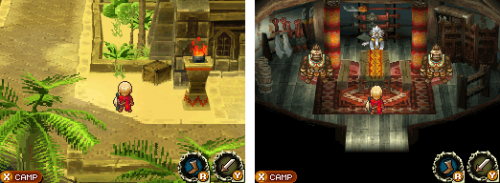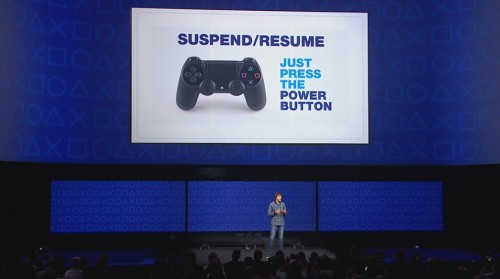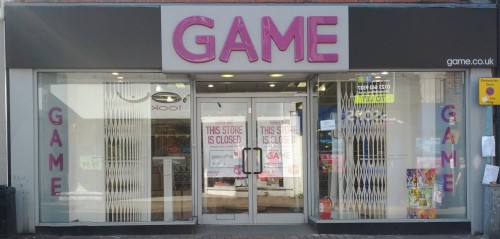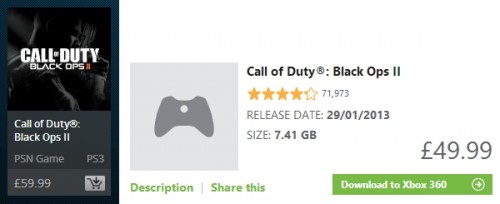Back in the glory days when Atlus games could be imported and didn’t acquire major bugs in crossing the Atlantic, a little RPG called Radiant Historia came out, and sold out almost as quickly. Being from Atlus, it was woefully underproduced, quickly reached absurd prices on eBay, and never officially came out in Europe. I, naturally, paid over the odds for it only weeks before a third reprint pushed the price for a new copy down to around the £20 mark, but oh well. It’s a very good game, so I don’t mind.
It’s not the first time it’s happened, so I’ve since sworn to purchase every Atlus game on release, which is probably the idea. Well done, Atlus. Your evil plan has succeeded.

It’s hard to mind such a scheme when games are as good as this, though. Radiant Historia harks back to 16-bit RPGs, notably Chrono Trigger – time-travelling storyline, enemies on the world map – with only perfunctory 3D backgrounds to let you know that this game was made this side of 2000.
That’s precisely why I like it. The travails of the JRPG genre in the last generation have been documented, and recently I’ve been playing classics I missed from the PS1 and PS2 genre in a generally successful attempt to recapture the magic of that period when a type of game was at its absolute zenith. While the B-tier has been ripped out of console development, leaving us with nothing between indie darlings and expensive AAA adventures that need 5 million sales to break even, it’s alive and well on handhelds, creating games like this while console RPGs straddle some line between anime and game that pleases nobody.
I’m not meaning to imply that this is anything less than a sterling effort by referring to it as B-tier, however. It’s lengthy (38 hours for me), it breaks tradition by having a main character who’s intelligent and has useful things to say, and the grid-based battle system is empowering as you master it. Apparently developers do get it, but the ones that do are no longer working on console games.
The 3DS is looking like an RPG powerhouse as well – in 2013 alone, we’ve got or are getting Fire Emblem Awakening, Mario & Luigi: Dream Team, Shin Megami Tensei IV, Etrian Odyssey IV, Soul Hackers and Bravely Default, among others – and so it’s taking up an increasing amount of my gaming time. But that said, as I’ve also spent dozens of hours sat in front of my PS3 in recent weeks, playing games like Chrono Cross, Grandia, Xenogears and Dragon Quest VIII, I’m still hoping that affords to rein in development costs next generation with more friendly hardware will see the triumphant return of games like this to their rightful home.




